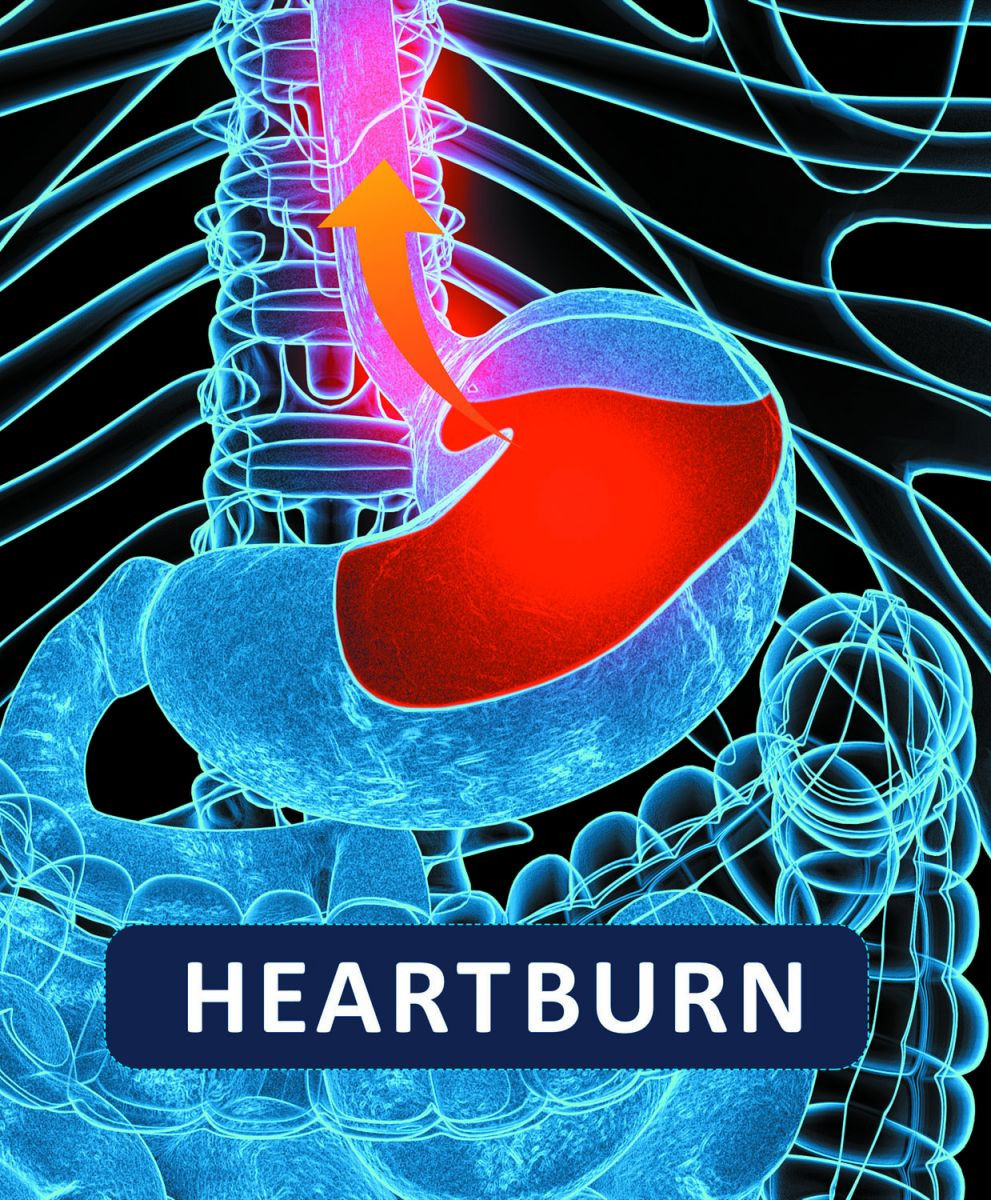
New thinking about plaque in arteries that feed the brain

Want to prevent shifting teeth? Maybe you need retainers

What you need to know about the new dietary guidelines

Food that’s healthier for people and planet can be cheaper, too

New evidence that polyphenol-rich foods help the heart

8 simple ways to reduce ultra-processed foods in your diet

How to curb your stress eating

How to spot Parkinson’s disease symptoms

Heart failure symptoms in women: How they’re different

GERD diet: Foods to avoid to reduce acid reflux
Heart Disease Archive
Articles
Harvard study: Even weekend warriors achieve heart benefits
A 2023 Harvard study found that regularly squeezing a week's worth of exercise (150 minutes) into just one or two days—a "weekend warrior" approach—is linked to the same heart-healthy benefits as daily exercise.
Nasal spray slows rapid heart rhythm
A nasal spray containing the experimental drug etripamil can quickly treat an abnormally fast heart rhythm called supraventricular tachycardia. The disordered rhythm occurs sporadically and can raise heart rate to as much as 200 beats per minute.
Genetic profiling for heart disease: An update
A polygenic risk score for heart disease is based on an analysis of more than three million common DNA variants and is expressed as a percentile. People can have zero, one, or two copies of any variant, each of which may either raise or lower the risk of coronary artery disease. Many of these variants occur in genes known to affect heart disease, such as those related to cholesterol, blood pressure, and blood clotting. Others aren't well understood and may provide targets for future research, potentially fueling new drug discovery efforts. For now, the potential benefits of this test are greatest for people under 50.
Focusing on six food groups may help prevent cardiovascular disease
A 2023 study suggests eating enough of six categories of food common in popular heart-health diets is associated with a lower risk of cardiovascular disease, including heart attacks and strokes. The six groups are fruits, vegetables, legumes, nuts, fish, and dairy products.
Overcoming heart health obstacles
Men often confront obstacles that keep them from managing heart disease or lowering their risk for it. Harvard cardiologists share the advice they give patients who face challenges in the areas of weight loss, medication management, exercise, and diet. These include thinking about their future health goals, monitoring blood pressure, scheduling workouts, joining group weight-loss groups, and learning portion control for meals.
An elevated high-sensitivity troponin level
Troponins, which are proteins found in heart muscle cells, are released in the bloodstream during a heart attack. Other conditions, such heart muscle inflammation and chronic kidney disease, can also cause troponin levels to rise.
Is your daily nap doing more harm than good?
Naps can be healthy for adults who need to catch up on sleep or work odd hours, but they can also make it more difficult to sleep at night and be a sign of a sleep disorder. Naps should be short and limited to the early afternoon to prevent them from interfering with nighttime sleep. People who have the urge to nap daily should consider whether they need to improve their nighttime sleep habits.
Autoimmune diseases pose a threat to the heart
People with autoimmune diseases may be up to three times more likely to develop cardiovascular disease than people without an autoimmune disease. Among the most common autoimmune diseases are rheumatoid arthritis, psoriasis, and lupus. Awareness of this elevated risk is especially important because autoimmune disease typically strikes when people are in their 20s or 30s. In turn, heart problems may develop up to a decade earlier than in people without an autoimmune disease. A calcium scan, which detects early signs of atherosclerosis, can help assess a person's risk and guide treatment advice.

New thinking about plaque in arteries that feed the brain

Want to prevent shifting teeth? Maybe you need retainers

What you need to know about the new dietary guidelines

Food that’s healthier for people and planet can be cheaper, too

New evidence that polyphenol-rich foods help the heart

8 simple ways to reduce ultra-processed foods in your diet

How to curb your stress eating

How to spot Parkinson’s disease symptoms

Heart failure symptoms in women: How they’re different

GERD diet: Foods to avoid to reduce acid reflux
Free Healthbeat Signup
Get the latest in health news delivered to your inbox!
Sign Up











